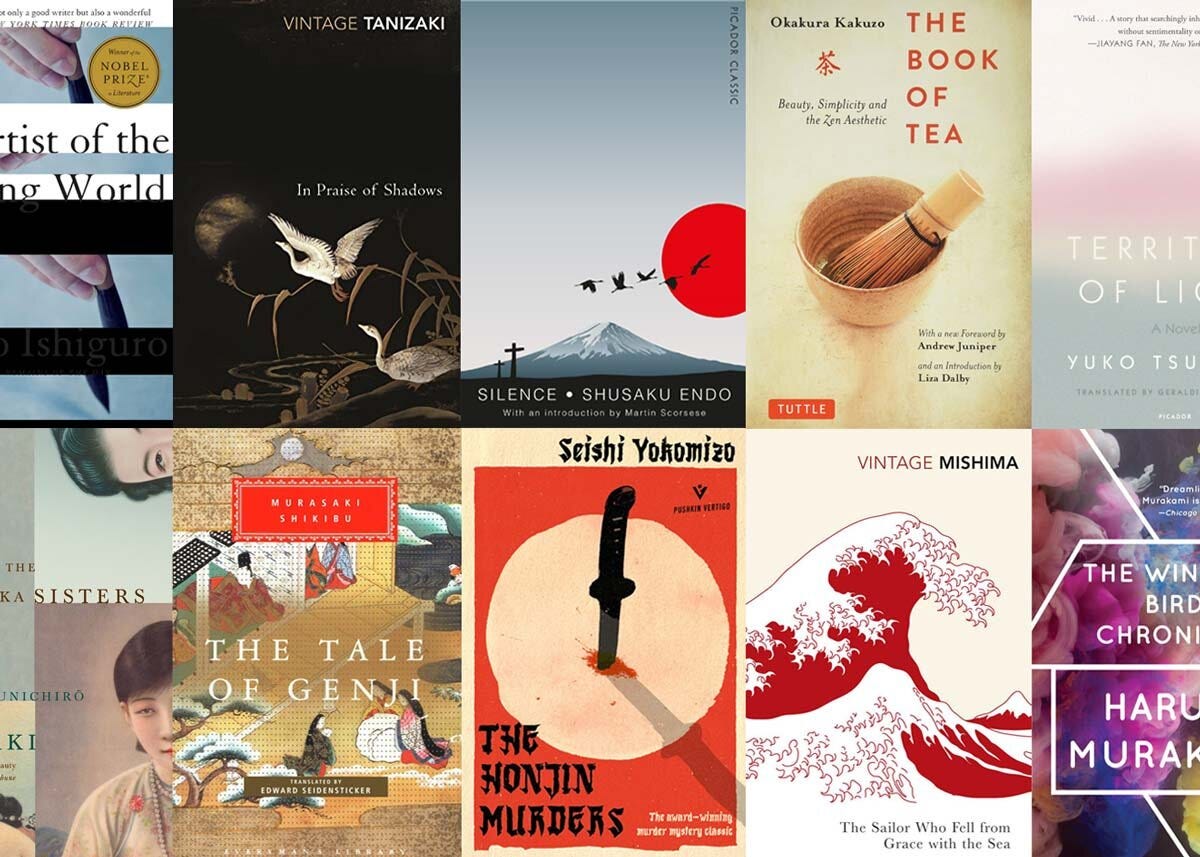Vox Day is a novelist, a game designer, a bestselling political philosopher, and the lead editor of the Castalia Library. He spent a semester studying economics in Tokyo at the height of the Heisei Boom and is the author of a number of comics, including Alt★Hero, Hypergamouse, and Midnight’s War.
Japanese literature is like no other. What the wedding is …
Keep reading with a 7-day free trial
Subscribe to Fandom Pulse to keep reading this post and get 7 days of free access to the full post archives.





